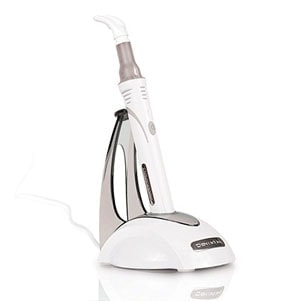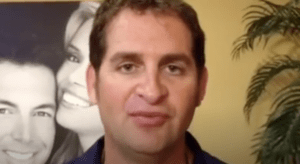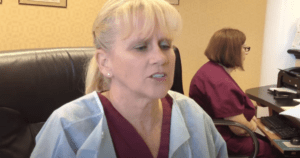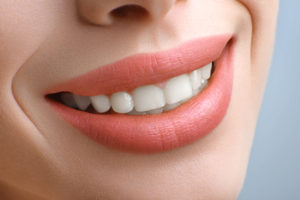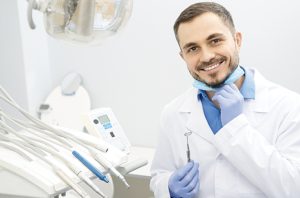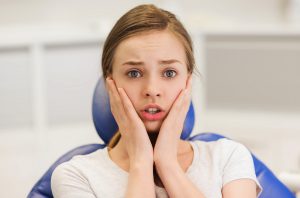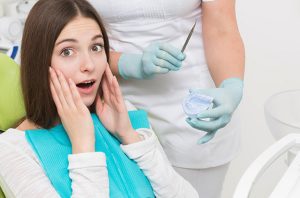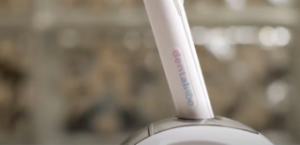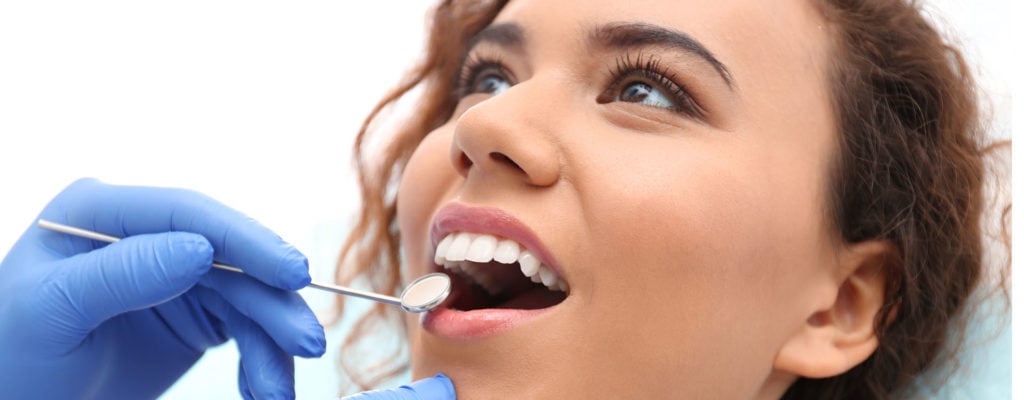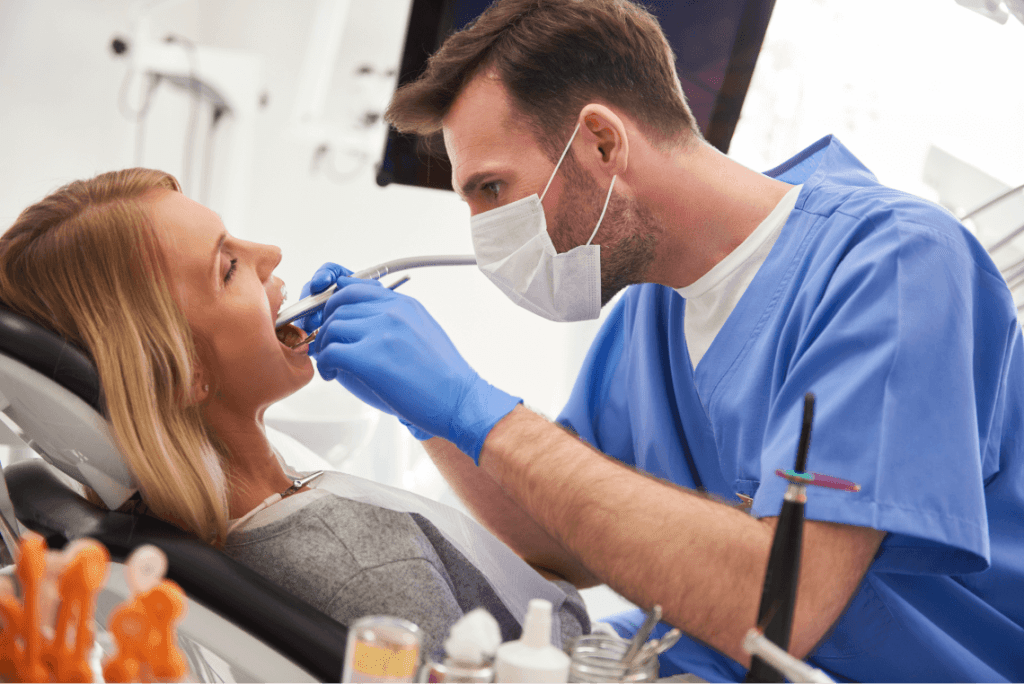The results of a recent study on mouthwash and coronavirus may have people wondering if using mouthwash is an effective defense against COVID-19. But the idea that mouthwash kills COVID isn’t entirely accurate, and mouthwash should not be relied on to prevent transmission and infection of SARS-CoV-2, the virus that causes COVID-19.
Does mouthwash kill coronavirus?
A recent study published in the Journal of Medical Virology indicates that Listerine, Crest Pro-Health, and other popular antiseptic mouthwashes kill 99.9 percent of the human coronavirus. However, mouthwashes do not have the same effect on SARS-CoV-2 as they do on human viruses. While the COVID-19 virus is similar in genetic structure to the human coronavirus, COVID-19 is actually a zoonotic virus that cannot be killed by mouthwash alone.
A zoonotic virus is one that infected animals can spread to humans. COVID-19 is thought to be a zoonotic virus transmitted via human/animal interaction. Alternately, scientists speculate that the human coronavirus responsible for colds, flu, and other respiratory illnesses arose from human-to-human interaction in our distant past.
What mouthwashes may be able to do is reduce the spread and infectiousness of COVID-19. Another study published in the Journal of Infectious Diseases indicates that exposing COVID-19 viruses to antiseptic oral rinses for at least 30 seconds inactivates a significant number of viruses. However, these mouthwashes cannot stop infections. So, what’s the answer to the question of does mouthwash kill COVID-19? It’s actually yes and no.
FAQs about mouthwash and coronavirus
How may mouthwash help decrease the risk of COVID-19 infection?
Your nose and mouth are the primary points of transmission and entry for COVID-19. Gargling with antiseptic mouthwash may reduce the “viral load,” or the number of viral particles, in your nose and mouth. However, doctors emphasize that mouthwashes should never replace methods of preventing transmission of the virus such as wearing masks, hand washing, and social distancing.
Can mouthwash reduce COVID-19 infections once the virus has entered the lungs?
No. While a few over-the-counter mouthwashes can kill a minimal amount of viruses harboring in your mouth or nasal passages, they cannot eliminate COVID-19 viruses that have already entered the lungs. Once COVID-19 has reached the lungs, it has already begun rapidly repopulating and spreading throughout the body.
Can mouthwash effectively replace a mask?
No, using a mouthwash cannot replace wearing a mask. But mouthwash may help further reduce the risk of spreading COVID-19 or being infected with COVID-19. For example, after grocery shopping while wearing a mask and social distancing, you could come home, wash your hands for at least 30 seconds, and then gargle with a mouthwash as part of your anti-infection routine. Rinsing with mouthwash should never be used as a standalone deterrent for spreading COVID-19.
Can mouthwash substitute as a hand sanitizer?
No. Mouthwashes like Listerine are not intended to be used as disinfectants. They are especially formulated to help prevent gingivitis, halitosis, and plaque build-up only.
Avoid overusing mouthwash
Rinsing after you brush two or three times a day with an antiseptic mouthwash should be part of your oral hygiene practices. However, using mouthwash more than three times a day could alter the normal microbiome in your nasal passages and mouth. Mouthwash containing alcohol can dry out and irritate oral tissues. Chronic mouth dryness is a leading cause of tooth decay, bad breath, and gum disease. Overusing mouthwashes containing iodine may interfere with the way your thyroid releases the hormones responsible for metabolism and general health. Be careful not to use mouthwash more than recommended.
Best practices for preventing COVID-19 infections
- Disinfect surfaces with diluted bleach or 70 percent alcohol solutions
- Use hand sanitizers containing 60 percent alcohol or more
- When washing hands with soap and water, rub hands together for 30 seconds. Rinse thoroughly to remove all soap.
- Social distance! The CDC has determined that remaining at least six feet away from others significantly reduces the risk of transmission and infection.
- Wear a paper or cloth mask whenever you leave your home. Masks must be worn over the mouth and nose to be effective.
- Report suspected COVID-19 symptoms to your doctor immediately. If you test positive for COVID-19, quarantine for 14 days or until your doctor tells you it is safe for you to leave quarantine.
Bottom line: the idea that mouthwash kills COVID is not completely true, and should not be relied on as a preventative measure for spreading or becoming infected with COVID-19.
What dentists are doing to protect patients against COVID-19
The International Dental Journal recently published a report about dental practices during the pandemic. Researchers state that while there is no clinical evidence supporting the use of mouthwash as a reliable preventive against the coronavirus, patients would still benefit from rinsing before and after treatment with disinfectant mouthwashes.
Authors of the report also point to the fact that all viruses, including COVID-19, tend to degrade in the presence of oxygen. For this reason, they suggest rinsing with mouthwashes containing one percent hydrogen peroxide to reduce the number of viruses in saliva.
Don’t let the pandemic or fear of the dentist stop you from getting the oral care you need. Visit our directory to find a DentalVibe certified pain-free dentist near you.

